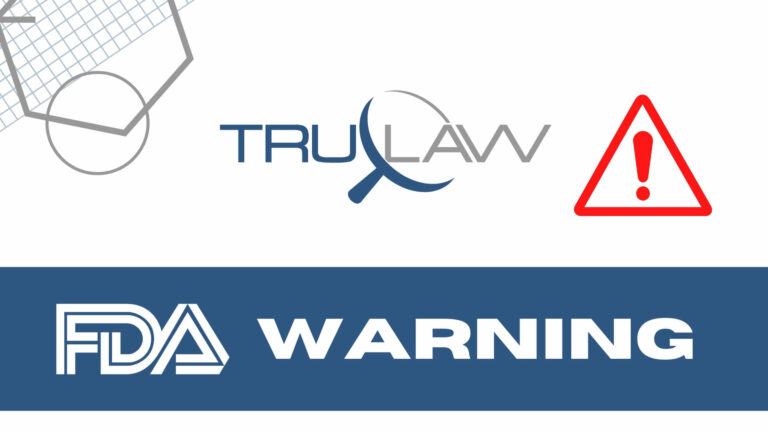
On September 8, 2022, the FDA warned healthcare providers of possible clip-lock malfunctions posed by the Abbott MitraClip Clip Delivery Systems. The alert was sent out in parallel with the company’s communication dated the same day.
A heart valve repair device designed to treat mitral regurgitation (MR), a kind of heart valve disease that prevents the valve between the left heart chambers from fully closing, the MitraClip Clip Delivery System was initially approved in 2013. It works to reduce MR in patients who exhibit major MR and heart failure symptoms due to abnormal mitral valves (i.e. primary or degenerative MR), as well as in patients whose health risks preclude mitral valve surgery.
A second indication of the device was approved in 2019 for treatment of patients whose mitral valves are structurally normal, but who have observable heart failure symptoms and “moderate-to-severe or severe MR due to left heart enlargement and diminished function” (i.e. secondary or functional MR), even after optimal medical therapy.
The FDA’s recent letter calls to attention “an increased rate of reports” of malfunctions observed in the clip-lock mechanism before and after deployment. Officials said the problem is detected in about 1.3% of all MitraClip procedures across all device models.
The risks presented by the malfunction may include ineffective treatment of MR, which could then require “additional interventions.” Such interventions increase a patient’s risks, including bleeding, complications with installing extra clips, and extended procedural times. Despite these risks, the FDA said the “majority” of clip-lock malfunction reports “have not been associated with adverse patient outcomes.” Citing current data, the FDA maintains that the “probable benefits” of the device still supersede the “probable risks” under approved use instructions.
Per the agency’s recommendations, healthcare providers are asked to read Abbott’s recall notice for all MitraClip Clip Delivery Systems and be informed of the clip lock’s potential malfunctions during the preparation and deployment of the device. Administrators are urged to follow the Instructions for Use outlined in Abbott’s communication. Any adverse events resulting from the malfunction should be reported to the FDA.
In response to the reports, the FDA continues to collaborate with Abbott to evaluate reports related to the clip-lock malfunction. It also works to identify other possible factors and develop methods to mitigate the problem.
If you believe you or a loved one has suffered injuries and/or emotional distress related to the malfunction of a medical device, your family deserves justice and fair compensation. A compassionate TruLaw attorney is ready to learn about your case and support you in the legal process. Contact us today or try our Instant Case Evaluation ℠.